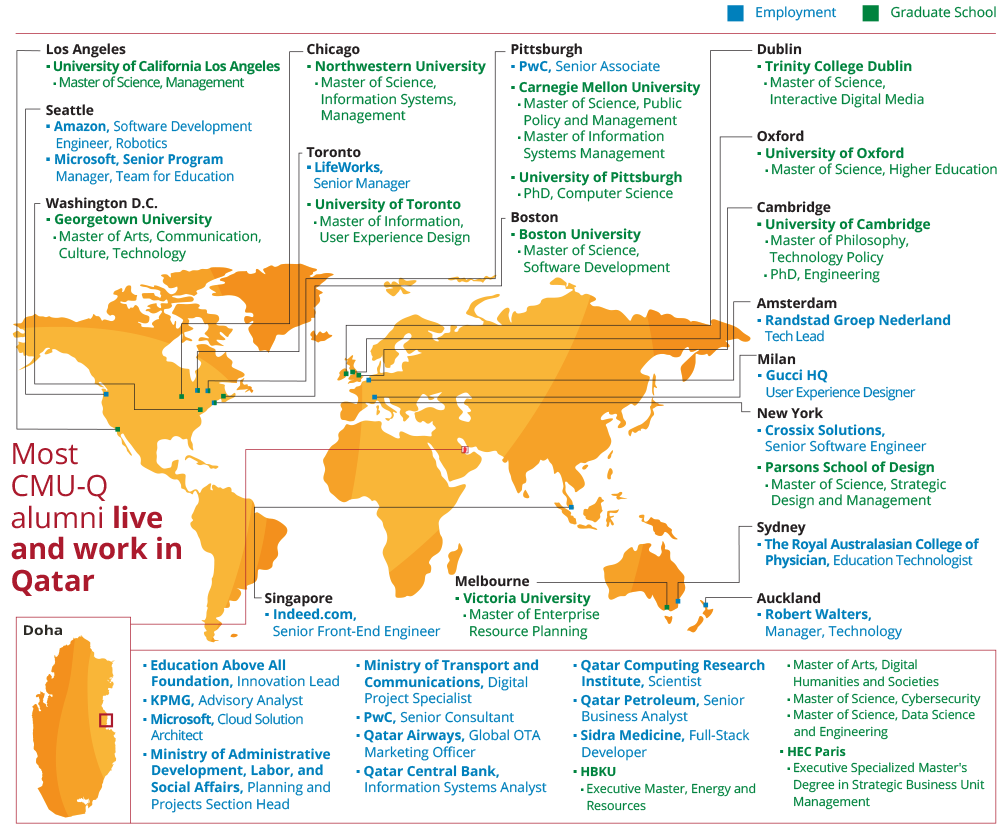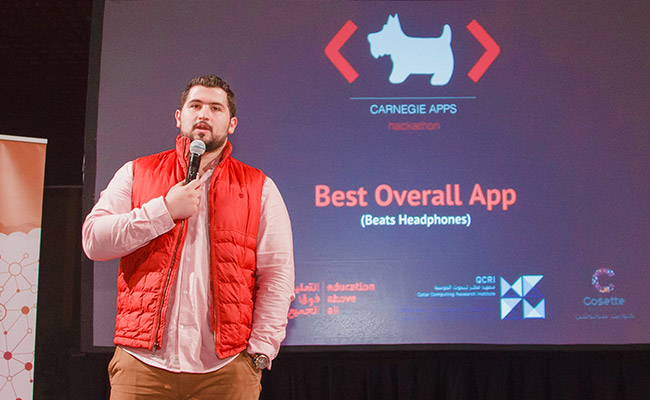
Competitions and hackathons
Information systems (IS) students practice interdisciplinary methods from day one, making CMU-Q IS students very competitive at hackathons and innovation competitions.
Learn more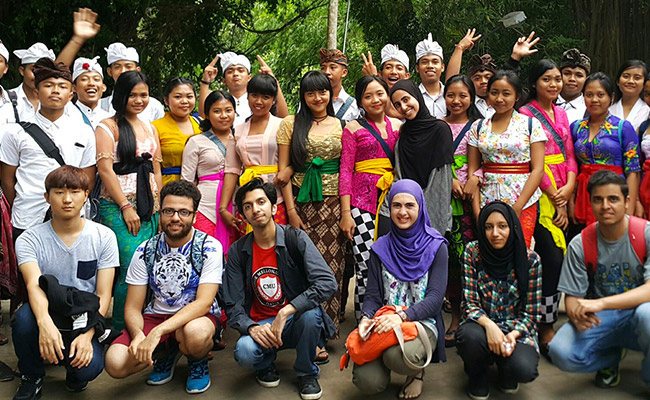
Academic Enrichment
Information Systems students at CMU-Q can choose from an extensive slate of academic enrichment opportunities that enhance their work in the classroom.
Learn more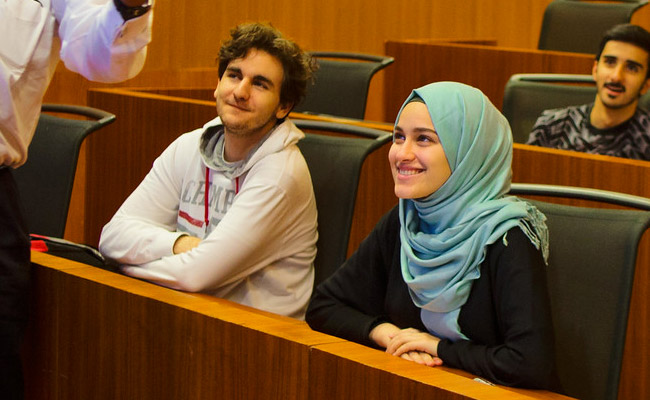
Arts and Sciences
Arts and Sciences courses include mandatory and elective classes in a wide range of academic areas, including Arabic studies, chemistry, English, history, math, psychology and physics.
Learn more
What will your day look like?
Take a look at a day in the life of a student at Carnegie Mellon Qatar.
See moreMeet the Faculty

Mohammad Aazam
Assistant Teaching Professor, Information Systems
Chadi Aoun
Teaching Professor, Information Systems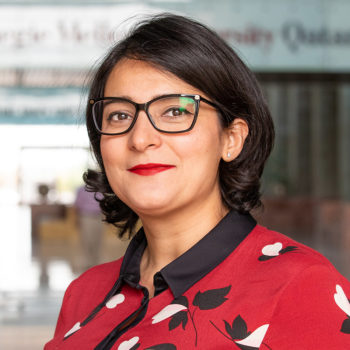
Houda Bouamor
Associate Area Head, Information SystemsAssociate Teaching Professor, Information Systems

Anis Charfi
Associate Teaching Professor, Information Systems
Susan M. Hagan
Associate Teaching Professor, Information Systems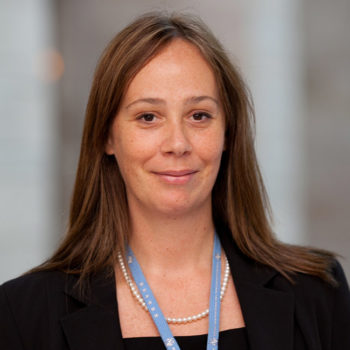
Selma Limam Mansar
Teaching Professor of Information Systems Emeritus
Daniel C. Phelps
Area Head, Information SystemsAssociate Teaching Professor, Information Systems



